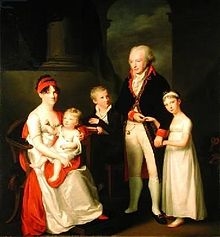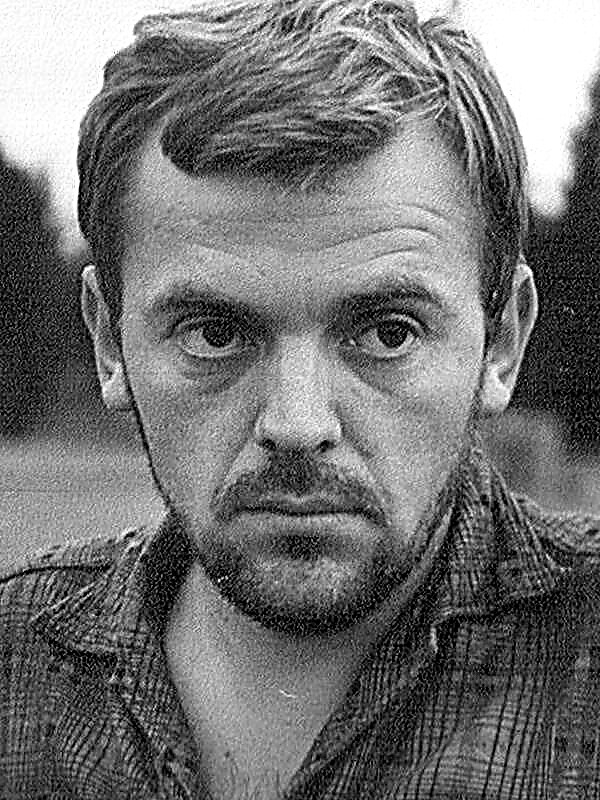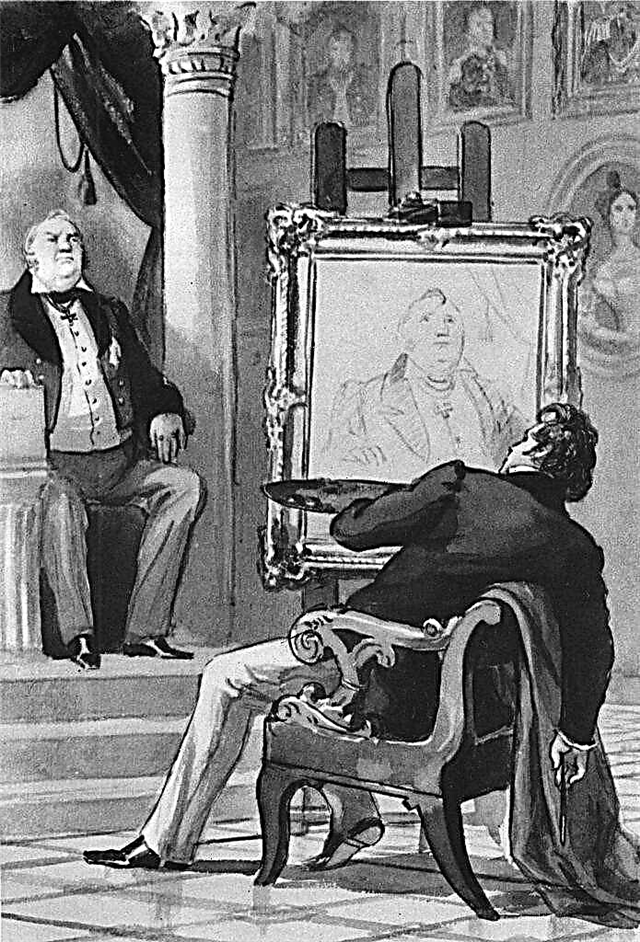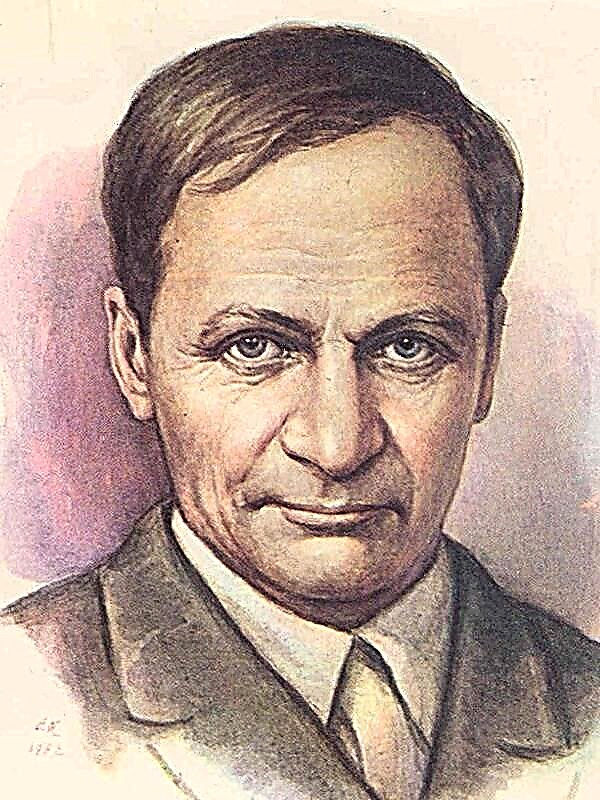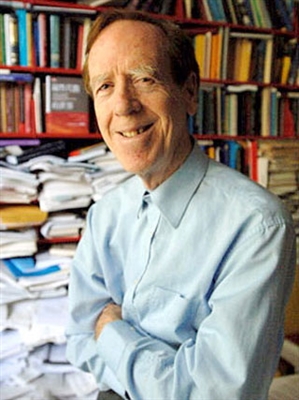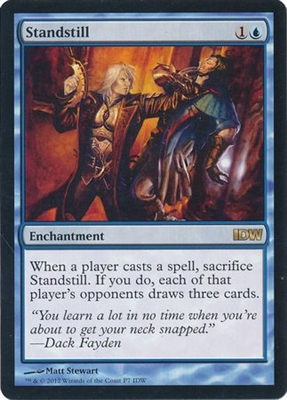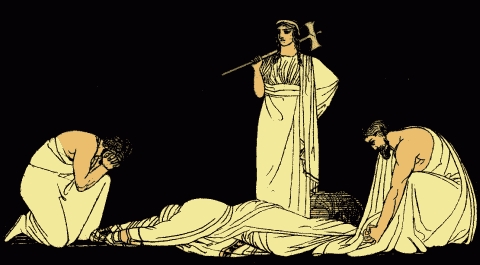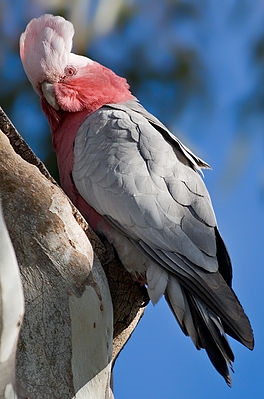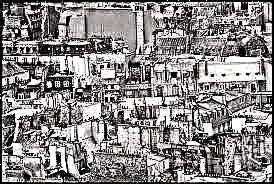The main feature of Chekhov’s nature is a sharp instinct for someone else’s pain, an inborn wisdom of a high and kind soul. To understand his views, thoughts, you need to peer into the depths of the works, listen to the sounding voices of the heroes of his work. The writer is interested in ordinary people, in which he tries to find what makes them full of high spirituality.
History of creation
In the eighties of the nineteenth century, Chekhov began to be published in the influential New Time newspaper, owned by A.S. Suvorin. There is an opportunity to sign stories with a real surname. Since 1887, almost all of the writer's works are published by Suvorin. From these books, Russia recognized Chekhov.
In the 90s, the author writes novels, short stories, plays, which are the pinnacle of his work, and among them is “Darling”. The work was published in 1899.
Speaking about the prototype of Dushechka, we can confidently say that this is a generalized symbol, a kind of common property of character - the primordial mother.
He enthusiastically accepted the story of L.N. Tolstoy.
Genre, direction
Chekhov continues the best traditions of classical realism, which is intertwined with the techniques of high naturalism.
The writer comes into contact with symbolism, looking in it for modern forms of depicting reality.
“Darling” is a short story in volume, the musicality of the sound of which allows us to talk about its intimacy. The narrative is accompanied by a slight irony that hides a mocking smile.
Essence
The ordinary life of Olga Semyonovna Plemyannikova is in the spotlight. There is no plot intrigue.
Two storylines are distinguished in the story, both related to the story of Olenka: on the one hand, “the chain of the heroine’s hobbies”, and on the other, “the chain of losses and losses”. Darling loves all three husbands selflessly. In return for her love, she does not require anything. Without passion, simply can not live. Take away this feeling from her - life will lose all meaning.
All husbands leave this land. She sincerely mournes them.
True love comes to Darling only when the boy Sasha appears in her fate.
The main characters and their characteristics
The characters and souls of Chekhov's heroes do not open immediately. The author teaches not to rush with making unambiguous assessments of his characters.
- Olga Semenovna Plemyannikova “A quiet, good-natured, compassionate young lady.” Everything in her appearance was “soft”: both her gaze and white neck. But the calling card was a "kind, naive smile." She is especially loving, in whose fate three heart affections appear one after another: entrepreneur Ivan Kukin, manager of the forest warehouse Vasily Andreich Pustovalov, veterinarian Vladimir Platonych Smirnin. Olenka becomes their “shadow”, “woman-echo”. Deprived of her opinion, she always repeats what her husbands say. Loving without looking back, Darling does not imagine her life alone. Vanya, Vasechka, then Volodechka. She called everyone "darling." Left completely alone, it is lost, not a single thought is born in the mind. The emptiness and uncertainty of the future become constant companions of life. And only the appearance in her fate of the ten-year-old boy Sasha, the son of Smirnin, “gives” Olga Semyonovna love that captures the whole soul. The general property of character can be defined by the general word "femininity", it expresses the whole image of Darling.
- Ivan Kukin. The characterization of the hero is based on the antithesis: it contains the Tivoli entertainment garden, but constantly complains about life. Appearance nondescript: skinny, says, crooked mouth. Yellow complexion is a sign of physical ill health and a grumpy character. Unhappy person. Constantly falling rain is a symbol of the hostage of the situation desperate in their fate.
- Vasily Andreich Pustovalov - Neighbor Plemyannikova. “Powerful voice”, “dark beard”. Absolutely unforgettable personality. He does not like any entertainment. Living together with Olenka looks through the details: “both of them smelled good”, “they came back side by side”.
- Vladimir Platonich Smirnin - a young man, a veterinarian. He separated from his wife, because he hated her, but regularly sent money to support his son.
Themes and Issues
- The fate of women in society always worried Anton Pavlovich. He dedicated the unforgettable pages of his work to her, creating the image of a “Chekhov woman”,
- The main theme of the story is love. Love for relatives, love for a man and maternal love. The theme of love is the main one in the life of Darling. Her feelings are quiet, sad. The story is about the ability of a Russian woman to selflessness in order to continue and save her life.
- But are the characters of the story completely free in their behavior and opinions? The hardest is the question of real human freedom, about overcoming the dependence on loving people.
- The problem of happiness. Is it possible to call a happy person living only for the good and happiness of family and friends? Is it really necessary to provide them with “happiness” at some rate of their own? The author tries to answer these questions with his inherent delicacy.
- The philosophical problem of the value of life. A person has obligations to her and to its preservation. No need to destroy it.
- The conflict of everyday meaningless life and personality, which should “kill a slave in itself” and begin to live consciously. The heroine has to throw off the sleepy stupor of passivity and take responsibility for someone's fate.
Meaning
The writer usually does not give comforting answers. Not everything in life is clear to himself. But there are prose values in which the master is sure. What is love? First of all, this feeling allows a person to reveal the potential of his soul. To love does not mean to copy the soulmate, blindly repeat her thoughts, completely depriving himself of freedom of choice. Love gives the person invisible energy, which allows him to share with his beloved all the hardships of life, to overcome the difficulties encountered on the way. Where there is no true love, there life is not completely true - this is the main idea of the writer.
A woman is not only a loving and caring wife. She is the mother who gives the world a child, a continuer of the human race. Chekhov's love is a deeply Christian feeling, hence his idea is to give Darling feelings that elevate her, and not enslave her in routine.
True love is only possible in the family world. Maternal love allows you to re-go with the child the path of knowledge of life.
What does it teach?
The author looks at his characters with sadness, attention and hopes that life's lessons will make them more tolerant of other people and demanding, especially to himself.
Chekhov confronts the reader with the need to choose the answer to the question himself. The main idea is contained in the scene of the “geography lesson”: “Part of the land is called an island,” Olenka repeats. “Islands” are human destinies, “land” is our immense world, which is made up of family “islands”. After all, only there can one experience the highest fullness of life and find oneself.
The writer teaches that every professed truth is limited. Life in the variety of its manifestations is “wiser”. The writer wanted the person not to hide from her, but to be able to live every moment she presented.

